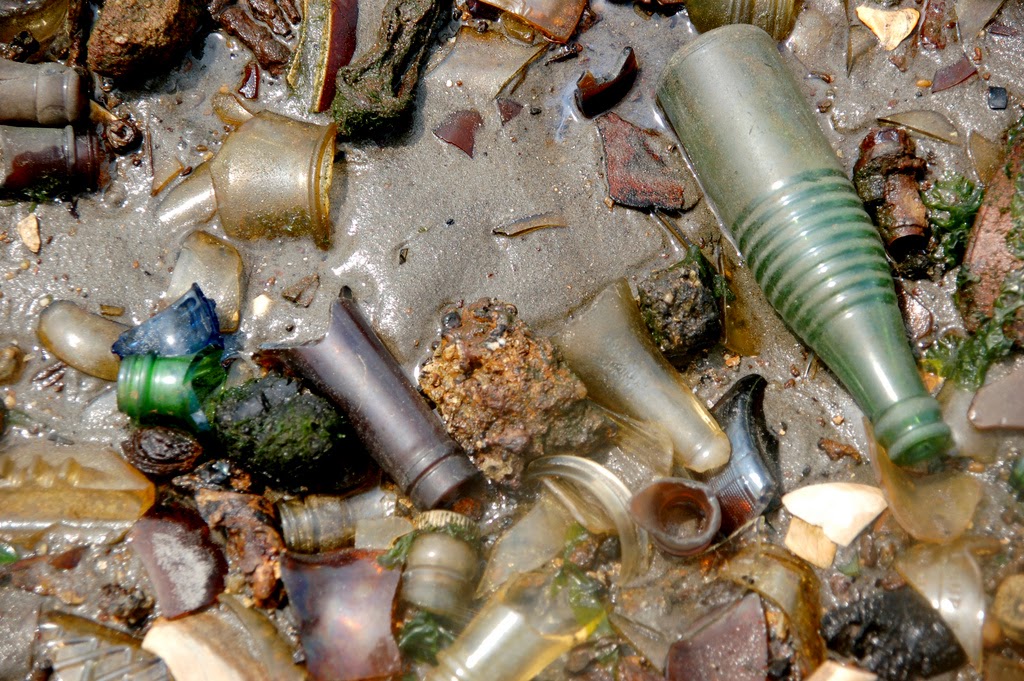AN ACTION
PLAN FOR HAVING ALL
STATES
ADOPT A BOTTLE BILL
BACKGROUND
The
Container Recycling Institute has done a tremendous job of compiling
the reasons for a container deposit law throughout the country.
Their statistics and testimonies are extremely convincing. The only
problem is that their efforts and those of thousands of committed
environmentalists have not been effective. In the 43 years since the
enactment of the first law in Oregon only
eleven states have passed a bill and one of those has repealed
theirs! And since the founding of the CRI 23 years ago in 1991 by a
DC area resident, only one state was added while one discontinued the
program. Not an impressive record! Such is the power of money!
Were one prone to conspiracy theories, one could posit that the
mission of the CRI is to lull us into complacency that we are “doing
something” about the litter problem.
For
over ten years I have studied and been impressed by the CRI literature.
I've even suggested ways they might be more effective in
reaching the public only to be told that they do not have the
resources for “action”, only lobbying and research. Perhaps then
it truly is left to us – you and me to do something about it – to
use experience and the social media to start a grass roots movement.
It is appalling to me that most developed countries have bottle bills
and they are far more stringent than any of ours.
Studies also show that the recycling rate for beverage containers is vastly increased with a bottle bill. The United States' overall beverage container recycling rate is approximately 33%, while states with container deposit laws have a 70% average rate of beverage container recycling. Michigan's recycling rate of 97% from 1990-2008 is the highest in the nation, as is the state's $0.10 deposit.
Beyond
the persuasive studies and statistics, my personal experience
convinces me of the efficacy of such laws. The living environment in
my home state of Michigan has benefited greatly from its law enacted
some 38 years ago. How satisfying it is to feel a part of a
movement working to reduce pollution and litter. The only problem I noted was caused by the nearby states of Ohio and Indiana that had no law. It created problems for merchants near the boarder. Today the difference in the environment
between my adopted “state” of Washington D. C. and Michigan is
dramatic as bottles in Michigan are taken by youth, the rich, the homeless, the
poor to their nearby store for recycling and monetary reward. While
cost concerns seem to be paramount to the beverage companies, the
benefits of the updated recycling process are legion and provide many
positive results.
It's
tragic that rather than looking objectively at the benefits of
recycling we have been sidetracked. Bottle bills have become a
political football, racial and class issues have been introduced, and
short term profits and lobbying by the bottling industry have muted
the voices of those concerned with the future of our planet.
SO
WHAT'S THE PLAN?
I
can think of a number of possibilities:
- Most appealing to me is one that would involve the youth of the nation – it undoubtedly stems from my passion of making education more relevant. The youth of America probably consume more than their share of beverages. And they should have a greater interest in the environment than us old folks. What a marvelous opportunity to involve high school youth in a meaningful study of the pros and cons of this topic! The lessons are limitless:
- the power of lobbyists
- state vs. federal laws – how quickly would they learn of the contrast between federal and state responsibilities.
- practical politics at many levels
- and of course all the issues regarding the environment.
- But how could we engage youth?
- Through organizations such as the National Honor Society, the National Association of Student Council Association of the National Association of Secondary School Principals
- The National Council of Teachers of Social Studies Teachers, The National Council of the Social Studies, The Center for Civics Education or other of the host of educational organizations.
- The National Speech and Debate Association,
- Or possibly extending the action and research to college groups.
- An aroused public could boycott the industry. Think of the impact health-wise as well as environmentally if for one week we would all refuse to buy bottled or canned beverage! While it seems unfeasible, think of how the social media has brought difficult change throughout the world.
- Countess environmentally conscious agencies, foundations, colleges and think tanks continue to produce convincing information regarding the environment. Can we find one that will be involved in an action program to change the law in every state or propose federal legislation?
WRAP-UP
Prone
as we oldsters are to looking back to “the good old days,” I recall we
recycled everything before the word was coined. We fixed, mended and reused. We had to because we
had more time than money. Today most of us have more money than time
so we build mountains of waste and buy new. But is this environmentally sound?
With the practice of bottle recycling so entrenched throughout the world, it is ludicrous that a
bottle bill has not been adopted in all of our states. Even passing
one in the District alone might well be futile with two adjacent
states not having such a law. Surely there must be a way to overcome
the forces aligned to defeat the passage of bills in all the states.
We just need a strategy to make it possible. But this is where I
fall back to a sports analogy. At my age I feel as a quarterback who
has handed off to the running back: I'll help block, but the younger
generation must carry the ball to the goal line while I plan the next "play"!
Go
Green!

